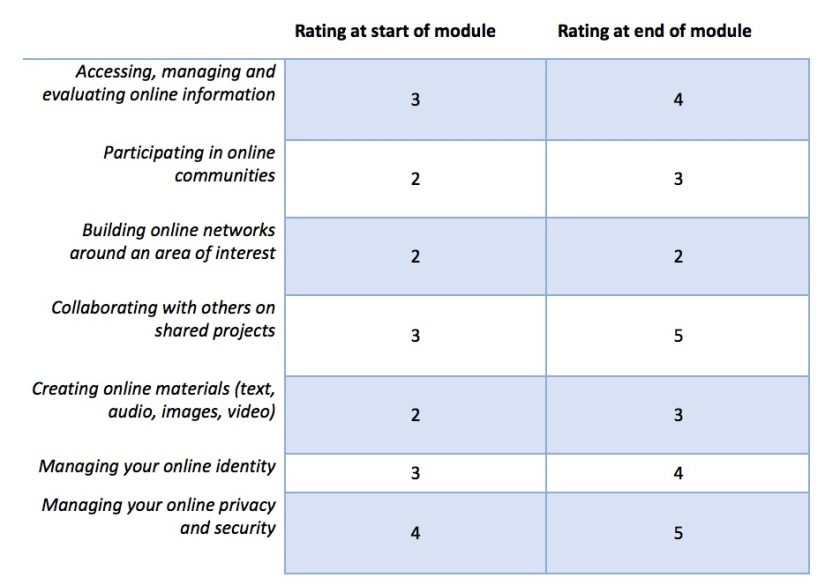
A Final Reflection
Throughout my time on UOSM2033 I have been exposed to a very different style of learning compared with the rest of my degree. Coming from a technical background, I already had an idea of how important an online professional profile is, but this module has taught me various different ways of enhancing that profile and using the web to gain more of an online presence and become more attractive to potential employers.
Continue reading →







